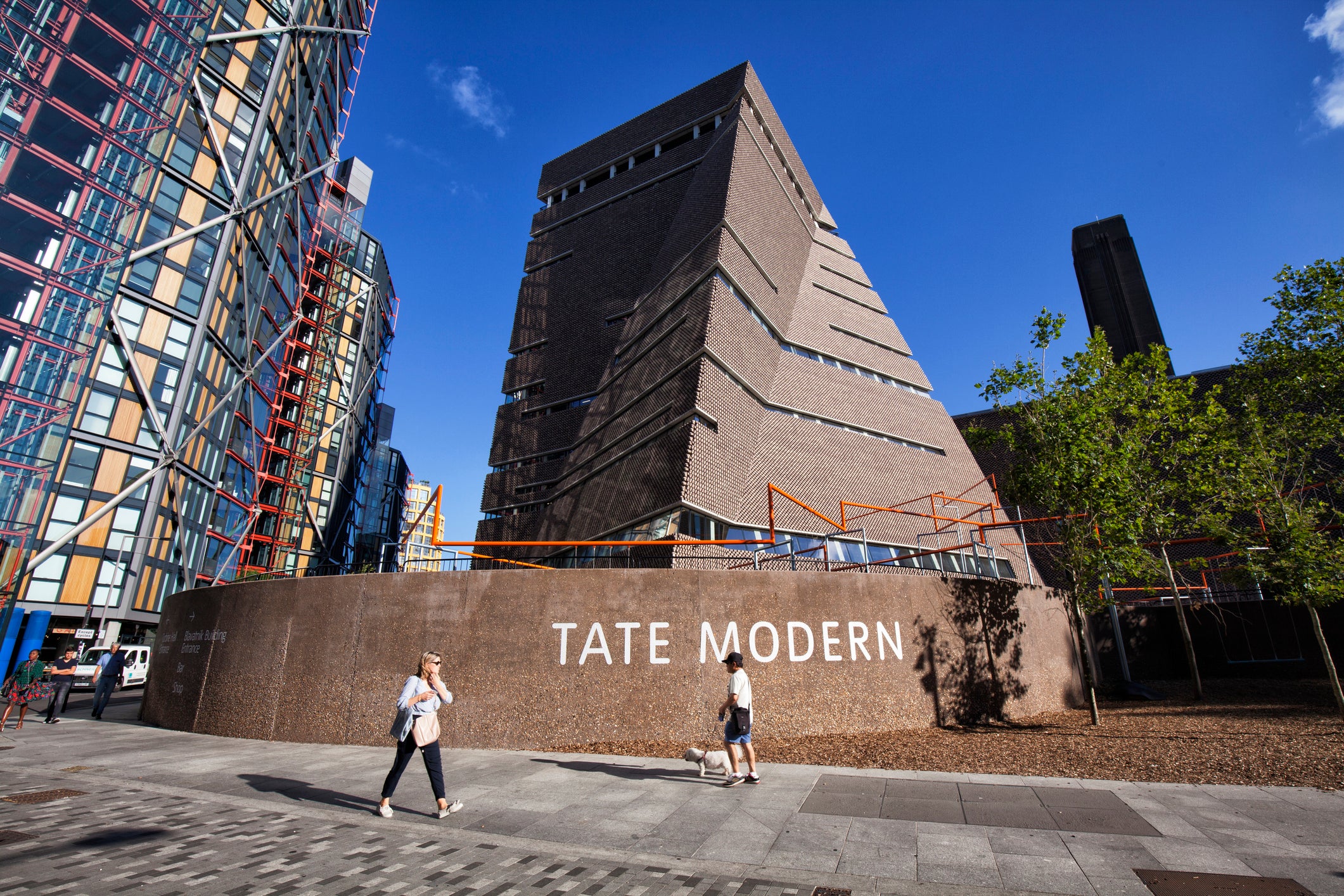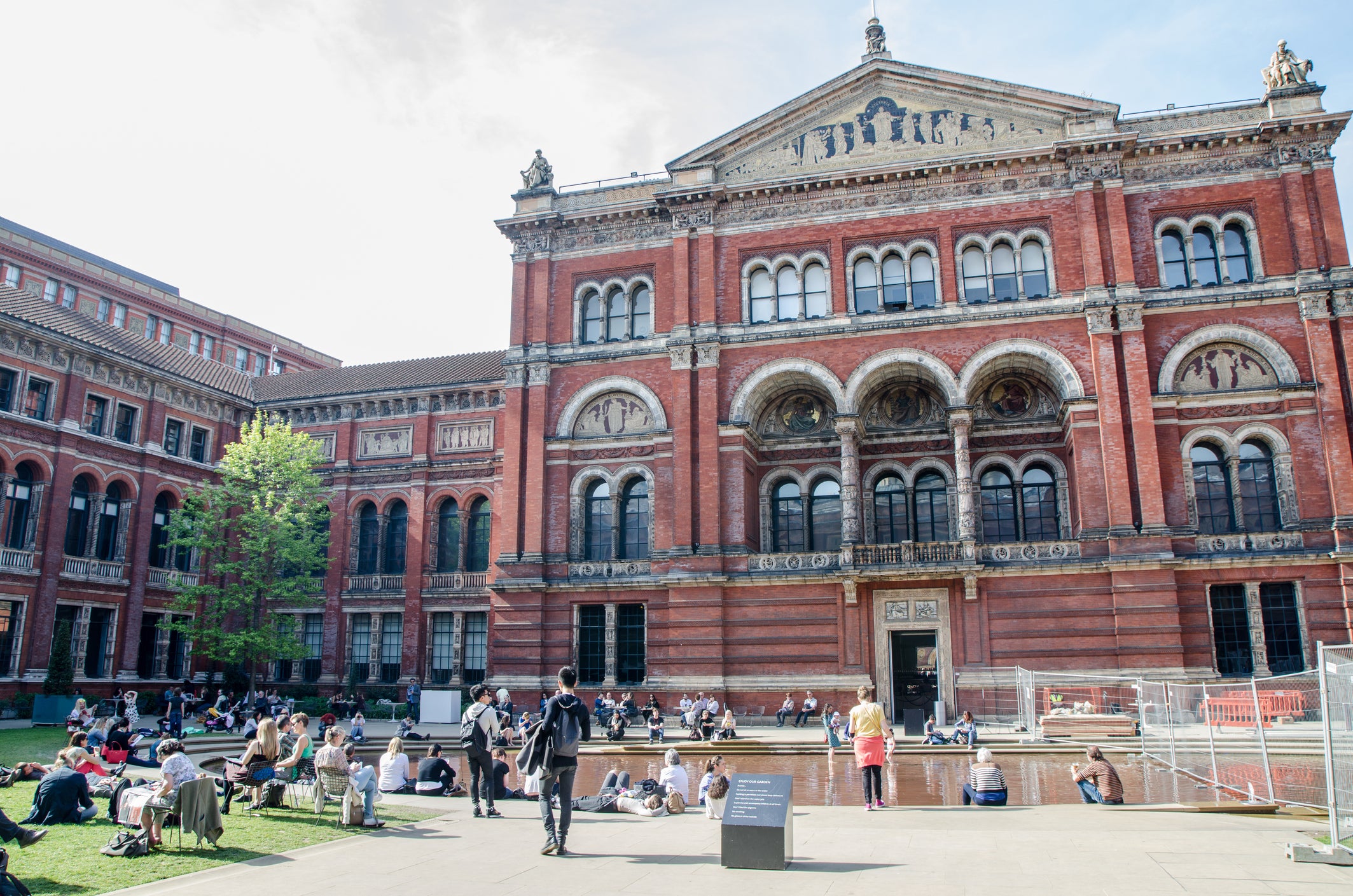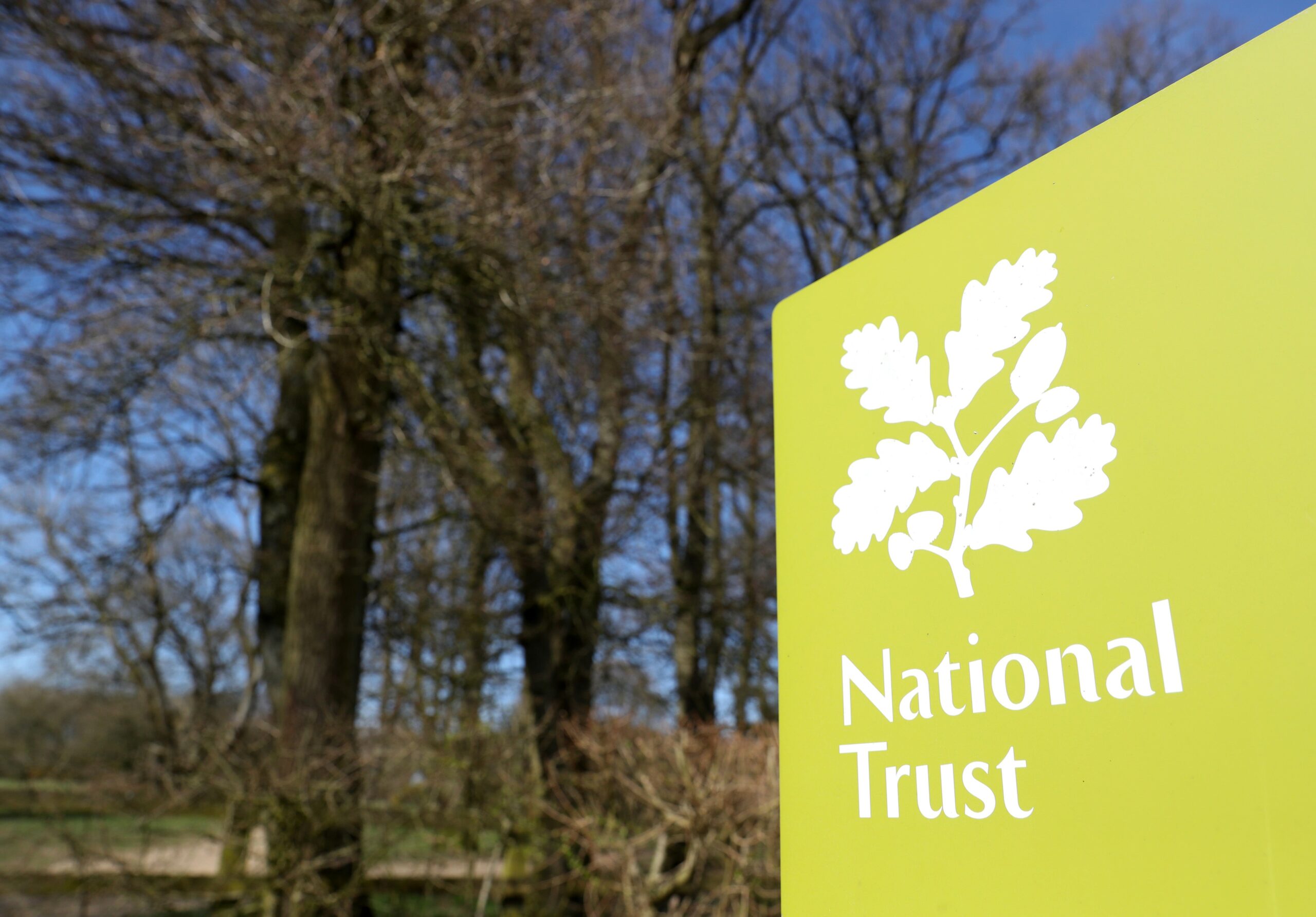Britain’s leading heritage organisations have urged the government to close a “loophole” in new consumer rights legislation, warning it could “cripple them”.
Heads of organisations including the National Trust, Tate, Historic Royal Palaces and Victoria & Albert Museum wrote to the government to highlight how the new rules could allow people to abuse their membership schemes.
The Digital Markets, Competition and Consumers Act (DMCCA) will allow consumers a “two-week cooling off period” after purchasing a charity membership scheme.
This means they could obtain the membership, use its perks to enjoy paid-exhibitions or visits for free, before cancelling and getting a full refund days later.
The letter, seen by The Times, asks the prime minister to ensure charities are treated differently to commercial businesses to protect this vital revenue stream.
A National Trust spokesperson told The Independent: “Up to now membership has been treated as a charitable donation by law and this is part of a long-held recognition that UK charities are fundamentally different from commercial businesses.

“Charities are currently facing sustained financial pressures, due to the difficult economic climate. This legislation would add to that cost burden and see more charities having to reduce their vital services.
“Just last month the Government made a firm commitment through the Civil Society Covenant to support our sector: closing this loophole would be a clear demonstration of that commitment.”
The DMCCA was introduced by the previous Conservative government but has been put into place under this government.
It is intended to protect consumers following growing concerns around “subscription traps”.

However, heritage organisations and galleries have become increasingly reliant membership schemes for vital funding in recent years.
“The proposed cooling-off period would create a loophole that could allow people to join charities as members and enjoy benefits, such as free entry to sites, for a two-week period before claiming substantial refunds for the rest of the year,” their letter to the government reportedly reads.
“This threatens to cripple the very future value of membership itself as a functional model of income generation for charities with visitor models — currently worth hundreds of millions [of pounds] to charities across the UK every year.”

Under the rules, someone could hypothetically buy a National Trust family membership for £168.60 before visiting several sites within two weeks – which could cost upwards of £100 for the family.
They could then cancel their membership, receiving a full membership refund, having not paid for their visits.
A similar concern applies to galleries, who sometimes offer members free access to paid exhibitions.
A government spokesperson said it was engaging with charities on the issue and added: “The Digital Markets, Competition and Consumers Act does not change the definition of what constitutes a consumer contract.
“Our plans to protect consumers from rip-off subscriptions will not unfairly affect charities, and we continue to engage closely with them to understand their concerns.”
